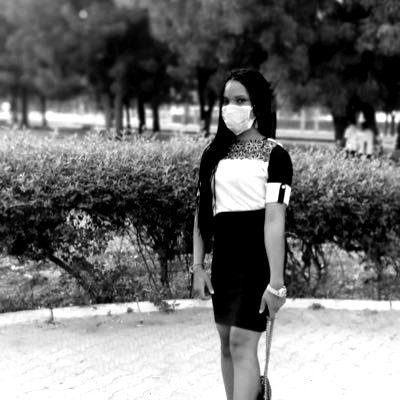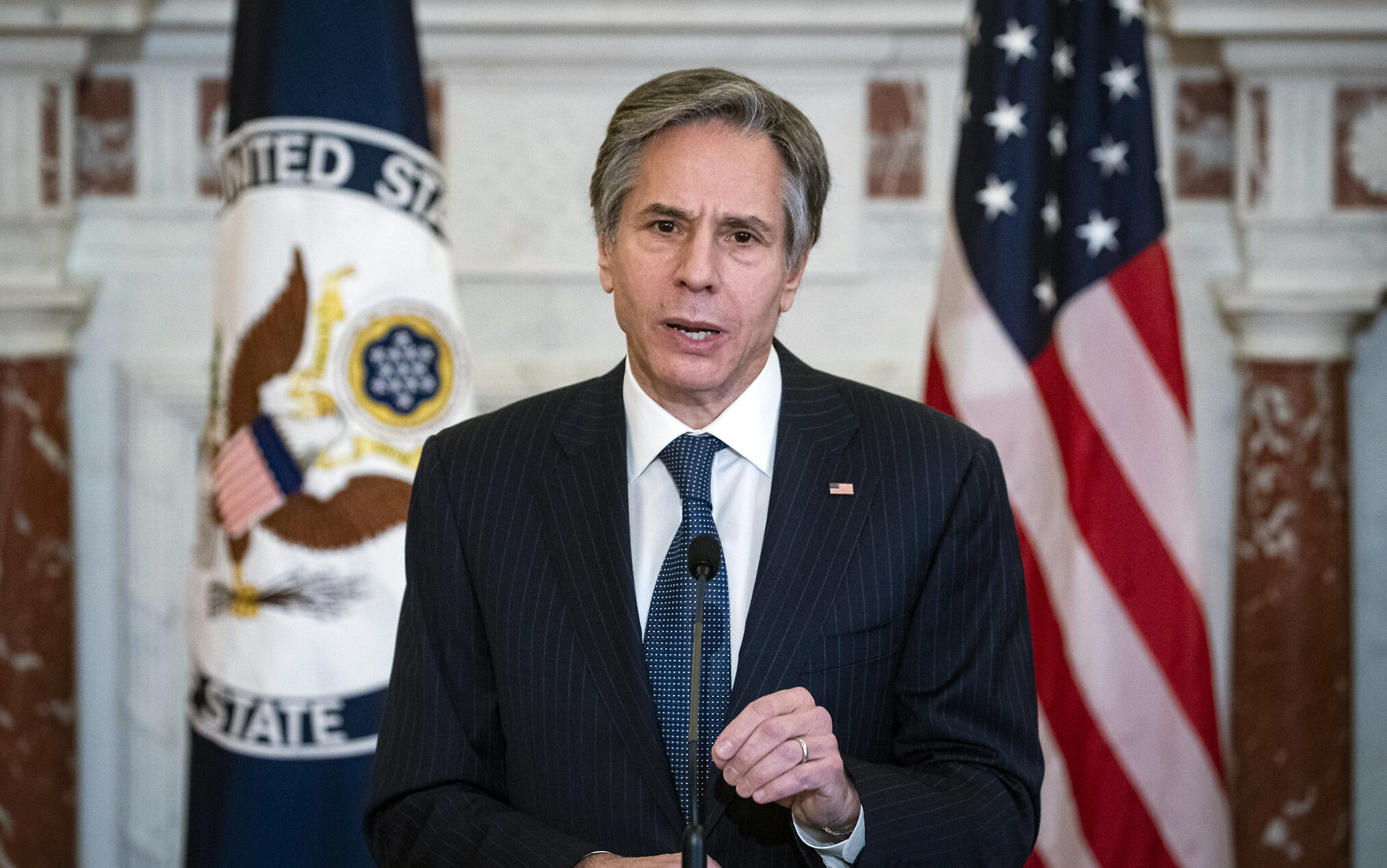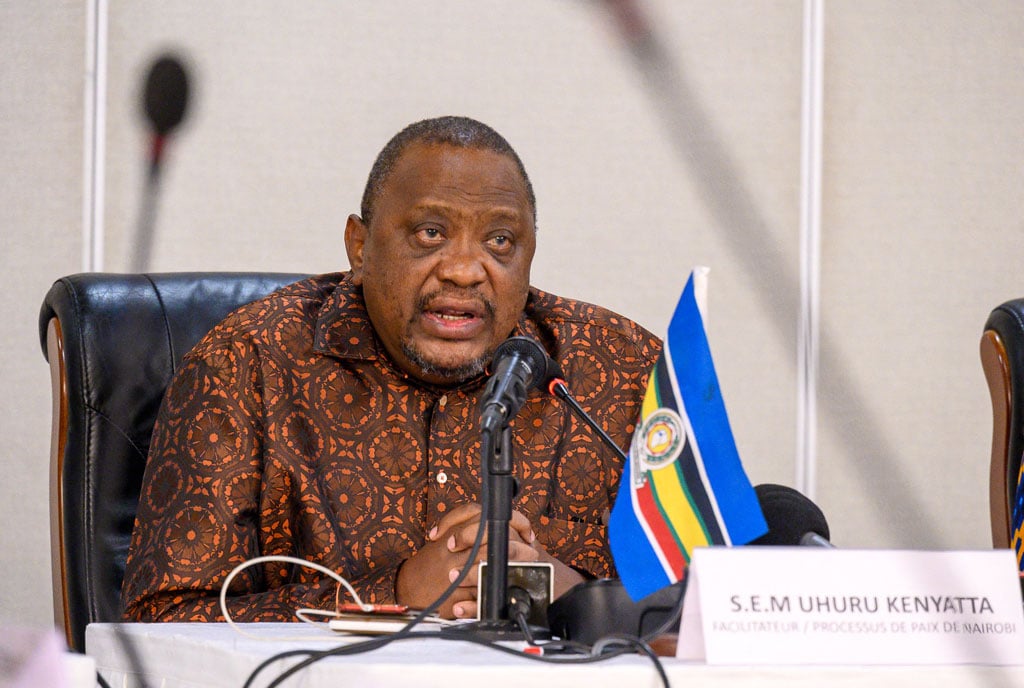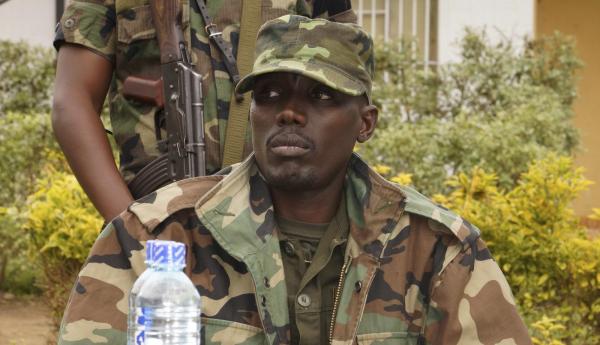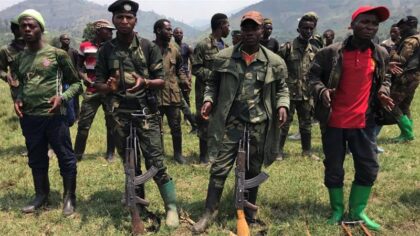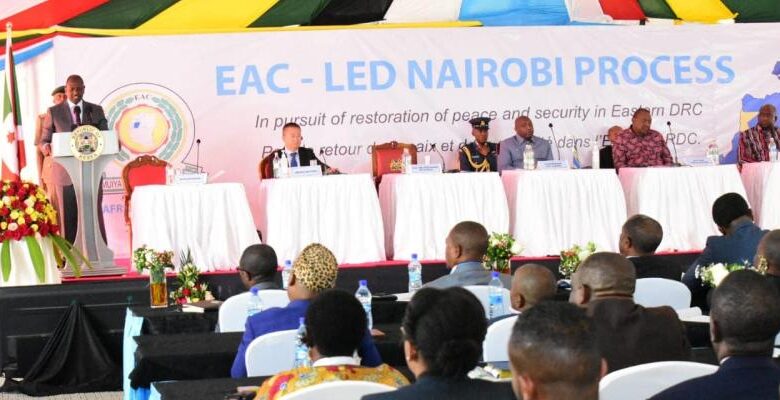Regional
DRC crisis: Absence of Responsibility to Protect a cause for concern
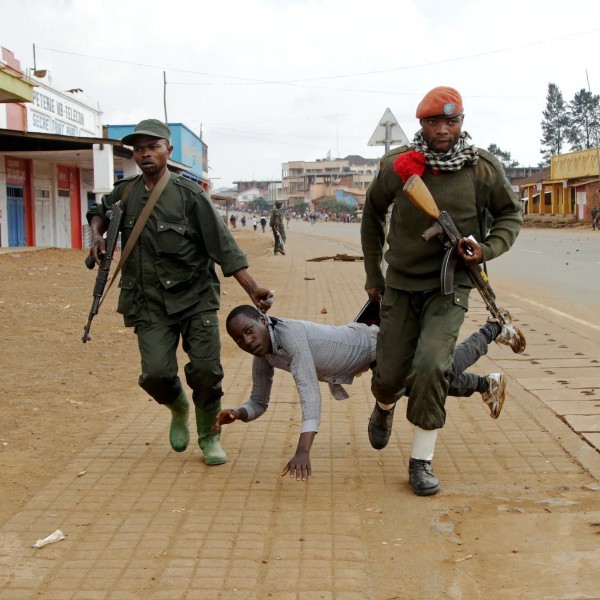
It’s
been months since the renewed fighting between the Congolese army and the M23,
a rebel group operating in the North Kivu Province of the Democratic Republic
of Congo (DRC). As conflicts intensify in the east of the country, the regional
bloc and other facilitators are involved, trying to find a solution to the
prevailing insecurity situation, mainly through dialogue.
However,
the dialogue is constantly failing to address one of the most important issues;
the Responsibility to Protect Kinyarwanda speaking Tutsi Congolese against a
looming genocide.
The
Responsibility to Protect, or R2P, is a global political commitment endorsed by
all member states of the United Nations at the 2005 world summit, in order to
address four key concerns – to prevent: genocide, war crimes, ethnic cleansing
and crimes against humanity, and rests upon three pillars of equal standing.
The
first pillar of the R2P, is the responsibility of each State to protect its
populations. Clearly, a genocide against Congolese Tutsi, and Kinyarwanda-speaking
communities, has been simmering in eastern DRC for the past few months, and the
DRC government has failed to protect its citizens from being executed, because
it is part of the killing machine.
These
atrocities have become worse since the resurgence of fighting between the
Congolese army, their allies, and the M23 rebels. In an era where it is hard to
hide such mass atrocities, recent media and eyewitness reports show genocidal
rhetoric and acts targeted at Kinyarwanda speaking Congolese communities in
DRC, including cases of cannibalism.
Worse
still, the DRC’s failure could be witnessed on several occasions where
Congolese senior government and military officials have come on record, calling
upon the population to take up arms and kill Kinyarwanda-speaking compatriots.
Such threats have been followed by widespread attacks on the targeted group. To
date, no perpetrator has been brought to book.
Figures
from the United Nations show that between May and June 2022, more than 150
civilians were killed by Mai Mai groups, FDLR, NALU and ADF, and 700,000 people
were displaced. This shows that Kinshasa does not only fail to protect the
Tutsi and Rwandophone Congolese, but all the citizens.
The
second pillar is the responsibility of the international community to assist
States in protecting their populations. Several summits on the security crisis
in eastern DRC have been held, the latest being in Nairobi, Kenya. Despite the
fact that that meeting was attended by Heads of State, representatives from the
African Union and the United Nations, the issue of genocide acts happening in
DRC was not addressed, despite clear signs and evidence.
The
international community to protect people when a State is manifestly failing to
protect its populations is the third R2P principle. The international community
is expected to step in and protect Congolese civilians being killed since the
DRC government has failed to do so.
The
UN Organization Stabilization Mission in the Democratic Republic of Congo
(MONUSCO), whose mandate is to restore peace in the DRC by protecting
civilians, idly watches whenever the Congolese Tutsi communities cry out for
help.
With
over 19,000 troops deployed in DRC, a yearly budget of over $1 billion,
helicopters, and more, the UN mission constantly fails to respond and
investigate distress calls made by the Congolese Tutsi. With all vast resources
and troops at the disposal of MONUSCO, there is no evidence of a robust
response to these atrocities happening in eastern DRC.
The
adoption of the principle (R2P) in 2005 constituted a solemn commitment, which
included much expectation of a future free of genocide, war crimes, ethnic
cleansing and crimes against humanity. Unfortunately, as days pass by, hope for
a peaceful resolution to the conflict in the east DRC and the end of the
persecution of innocent Congolese seems to wane. And the failure of the
responsibility of the International Community to protect the Congolese Tutsi
against genocide threat is becoming more evident.
Following
her official visit to the DRC from
November 10-13, UN Special Adviser on the Prevention of Genocide, Alice Wairimu
Nderitu, was deeply alarmed about the escalation of violence in the region
where a genocide – the 1994 Genocide against the Tutsi in Rwanda – happened.
“The
current violence is a warning sign of societal fragility and proof of the
enduring presence of the conditions that allowed large-scale hatred and
violence to erupt into a genocide in the past” she said.
The
current violence mainly stems from the refugee crisis that resulted as many
individuals involved in the 1994 Genocide against the Tutsi in Rwanda fled to
DRC, forming armed groups such as the FDLR, a genocidal militia which is still
active in eastern DRC, the Special Adviser said.
In
response to the presence of this armed group, new armed groups were formed and
the failure to bring non-state armed actors to book is the consequence we now
see, she added.
She
noted that finding a solution to the ongoing conflict in eastern DRC would
require addressing the underlying causes of the violence and learning lessons
from the past.
“The
abuses currently occurring in eastern DRC, including the targeting of civilians
based on their ethnicity or perceived affiliation to the warring parties must
be halted. Our collective commitment not to forget past atrocities constitutes
an obligation to prevent reoccurrence,” the Special Adviser stressed.


